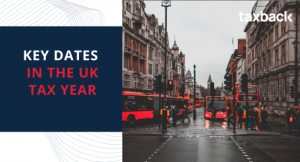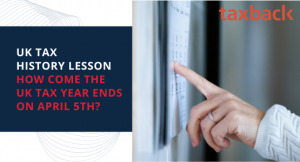General Anti-Avoidance Rule (GAAR)
As some of you may be aware, proposals for a GAAR have surfaced again and consultation has been on-going over the summer months. This seems to be a rite of passage for any incoming Government; Labour also flirted with the idea back in 1997/98 before shelving the plan.
So what is a GAAR? Well, a GAAR is a general principle which if inserted into the Legislation would allow HMRC to "ignore" any transaction or any step in a transaction where they conclude that the primary motive is tax avoidance. It is a very different beast from Targeted Anti-Avoidance Rules (TAAR) which are directed at closing specific loopholes identified by HMRC/HM Treasury.
So why is everyone complaining? Well the problem with a GAAR is that it creates a massive amount of uncertainty about how a transaction will be taxed and gives HMRC very wide discretion. One of the fundamental tenets of the Law must surely be that taxpayers have certainty in how a transaction will be taxed before it is undertaken. The only "fair" way to administer a GAAR would be to introduce a clearance service where HMRC would review a transaction in advance and give their opinion on the tax position. Of course, this has problems:
- HMRC staff numbers have been reduced over the past few years (by 15,000 in the two years to 5 April 2010 - NAO 2010 HMRC report). It would seem highly unlikely that the extra resource required to operate a clearance service could be met without extending the Departments budget and, given the Governments recent cuts to public spending, this is not likely.
- A clearing house approach would slow down the deal process and would make the UK a less attractive jurisdiction for investment.
- Any appeal process would necessarily lengthen the time line.
- The UK has operated a self assessed system since c.1996. In the absence of clear legislative boundaries, a clearing house approach would start moving the onus back onto HMRC. Is this the policy direction the Government really wish to follow?
So what's likely to happen? Well, as reported in the press on Saturday, it seems that there is considerable resistance to a GAAR from HMRC and HM Treasury. This in spite of Nick Clegg's assertion that "we are looking at the case for an anti-avoidance rule to ensure that wealthy individuals pay their fair share of tax". Ultimately its probable that the Coalition Government will put the GAAR on the back burner for now.
HMRC To Soften Stance
With a charming sense of irony, HMRC announced during the week (yes the same week as a GAAR was debated in the national press), that it would be soften it's stance towards business tax avoidance. David Harnett, the permanent secretary, said 'HMRC is packed full of very intelligent people, but we are sometimes too black-and-white about the law". Basically, inspectors have been asked to negotiate a settlement figure where the amount of tax at stake is dependent on legislative interpretation.
So why? Well, the fact of the matter is that HMRC has been very aggressive in challenging business tax Returns since it implemented a new litigation strategy c.2007. Presently several billion pounds remain tied up awaiting resolution of the litigation process. The move to soften HMRC's approach should free that money to circulate in the economy again and should also help promote the UK as a business friendly jurisdiction. At the end of the day, if nobody wants to do business in the UK, it will be very difficult to shorten the unemployment lines.



